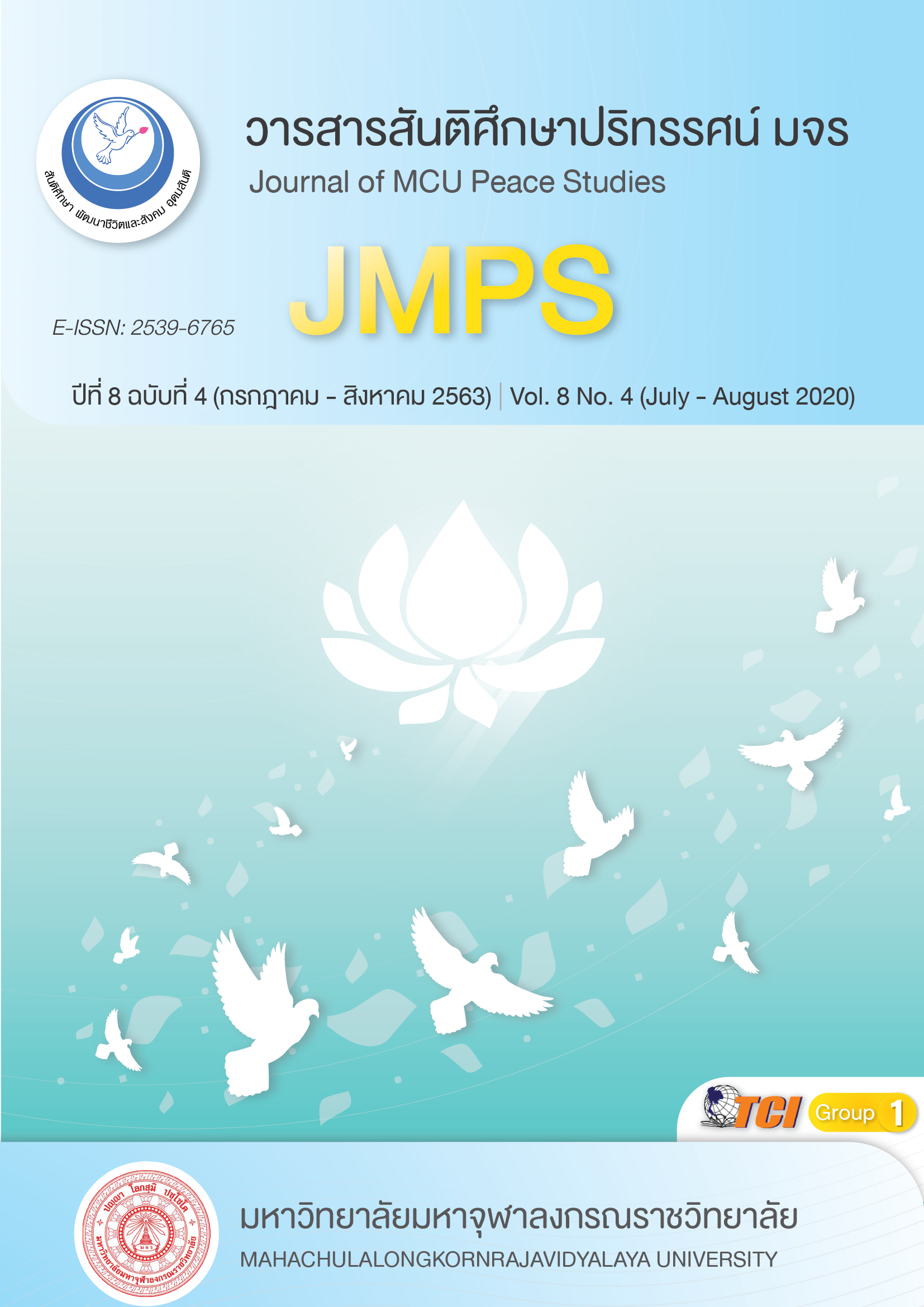Inquiry Paradigm in Social Welfare
Main Article Content
Abstract
This article aimed at presenting guidelines to inquiry paradigms in social welfares under the social science perspectives which are considered the foundation of research design. The first one is naturalism paradigm. The researcher possesses ontology, and positivism. Then methodology will be used to describe casual mechanism. Rational choice, and functional and structural explanation lead to the use of quantitative research methodology resulted in the knowledge of types, components, or factors related to state welfares that are generalized, reasonable. This can be used to predict social phenomena. The second is interpretivism paradigm. The researcher possesses ontology relativism, and perspectivism. Then hermeneutics leads to qualitative research methodology resulted in the knowledge of social welfare management in each case study. The knowledge gained can be used to describe a particular phenomenon with similar conditions or contexts. The third is critical paradigm. The researcher possesses various types of ontology including critical realism, historical realism, and relativism. Perspectivism and Relativism contains the methodology focusing on dialectic and discussing techniques, participative method, action research, documentary research which lead to deconstruction of the knowledge in social welfares and to propose proper guidelines for social welfare management.
Article Details
Views and opinions expressed in the articles published by The Journal of MCU Peace Studies, are of responsibility by such authors but not the editors and do not necessarily reflect those of the editors.
References
Crotty, M. (2009). The foundations of social research: meaning and perspective in the research process. Sydney, NSW: SAGE.
Richard, H. (1998). Social welfare and social value: the role of the caring professions. Basingstoke, Hampshire: Macmillan.
Jeawkok, J. Dhammasaccakarn, W. Laeheem, K. & Sangkarat, U. (2018). Fishermen and Social Capital: Community Welfare on the Andaman Coast of Thailand. Journal of Community Development and Life Quality. 6 (1), 131-152.
Keeratinawanun, S. & Rattanachuay, S. (2019). The Mechanisms of the Strengthening Urban Community Welfare In Case of Kho-Klang, Bobae, Kudi-9 Chin and MasjidKamalulislam Bangkok. Journal of MCU Peace Studies. 7(5), 1253-1268.
Limmanee, A. (1999). Political Explanation and Analysis: Major Concerns under the Philosophy of Social Sciences. Bangkok: Faculty of Political Science Chulalongkorn University.
Midgley, J. & Livermor, M. (2009). The Handbook of social policy. Los Angeles: SAGE.
Nonthapatthamadun, K. (2007). Social Policy and Social Welfare. (4th ed). Bangkok: Thammasart University.
______. (2012). Comparative social policy. Bangkok: Thammasart University.
Patanvanich, S. (2004). Social Policy: A Path to Welfare State. Bangkok: Chulalongkorn University
Phibulsiri, C. (2008). A Study on Factors Related to the Effectiveness of Social Welfare Project in the Community Organizations. NIDA Development Journal. 48 (1), 57-84.
Rattanadilok Na Phuket, P. ( 2012) . Philosophy of Social Science and Social inquiry. Academic journal Bangkokthonburi University. 1(1), 78-88.
Rattanadilok Na Phuket, P. ( 2016) . Philosophy of Social Science: Social Explanation Foundation for Social Sciences Research. (2nd ed.). Bangkok: Bangkok block.
Suzuki, P.P. (2009) . Community Welfare in Thailand Literature review and Knowledge synthesis. Bangkok: Learning and Empowerment for Healthy Communities Institute.
Thailand Development Research Institute. (2011). To Universal Coverage System in the Year 2013. Bangkok: Thailand Development Research Institute.


